- By odco
- November 29, 2024
- No Comments
Morocco at the 2024 World Cooperative Conference: A Strong Commitment to Cooperatives
Morocco at the 2024 World Cooperative Conference: A Strong Commitment to Cooperatives
 25 – 30 November 2024-  New Delhi, India – Morocco marks its participation at the  Global Cooperative Conference, held in New Delhi from November 25 to 30. Organized by the International Cooperative Alliance (ICA), the event brought together global leaders and stakeholders under the theme “Cooperatives Build Prosperity for All,” emphasizing the transformative power of cooperatives in fostering economic growth, sustainability, and social inclusion.
The conference, officially inaugurated by Shri Narendra Modi, Prime Minister of India, underscored the critical role cooperatives play in addressing global challenges. This opening set the stage for dynamic discussions and exchanges among representatives from around the world, including Morocco, a country with a vibrant and growing cooperative sector.
Representing Morocco and the Minstry of Tourism, Handicraft and the Social and Solidarity Economy, Ms.Aicha Errifaai, General Director of the Office of Cooperation Development (ODCO)  highlighted Morocco’s commitment to advancing its cooperative movement and called  for strengthening intergenerational connections to ensure the sustainability of the cooperative model.
Speaking at the Global Cooperative Conference during a panel titled “Preserving Our Cooperative Identity,” she highlighted numerous challenges facing cooperatives, particularly the “generation gap.” She argued that the limited engagement of young people in the cooperative sector threatens the continuity of the movement, emphasizing the need for initiatives that encourage youth-led cooperatives to uphold foundational values and ensure long-term sustainability.
Ms. Errifaai also addressed other challenges, such as the shift in focus towards profitability, which leads some cooperatives to adopt practices similar to conventional businesses, undermining cooperative values. She expressed concern over the misuse of the “cooperative” label by entities seeking only tax benefits or subsidies without adhering to cooperative principles. Furthermore, she pointed out the pressures of globalization, which compel some cooperatives to abandon traditional practices in order to remain competitive.
To combat these threats, Ms. Errifaai called for a more stringent legal framework to define eligibility criteria for cooperative status, ensuring regular audits to uphold cooperative values. She also proposed a reform of public incentive mechanisms, suggesting that financial aid should be contingent on measurable outcomes in terms of social and community impact.
Morocco’s participation at this Global Cooperative Conference underscored the country’s commitment to advancing its cooperative movement. Represented by Ms. Errifaai, Morocco showcased its growing cooperative sector, which includes over 58,566 active cooperatives across various sectors such as agriculture, handicrafts, and services. Ms. Errifaai emphasized Morocco’s vision to use cooperatives as tools for wealth creation, social resilience, and sustainable development. The presence of H.E. Mohamed Maliki, Morocco’s Ambassador to India, further emphasized the strong ties between the two nations and their shared commitment to cooperative-driven progress.
Morocco has emerged as a leader in Africa’s cooperative sector, with initiatives that prioritize economic empowerment, social inclusion, and sustainability, aligning cooperative strategies with the United Nations’ Sustainable Development Goals (SDGs). Through ODCO, Morocco provides cooperatives with training, legal assistance, and access to development programs.
As the world prepares for the 2025 United Nations International Year of Cooperatives, Morocco’s active participation in the New Delhi conference reinforces its commitment to global collaboration, building prosperity and inclusion for all.

